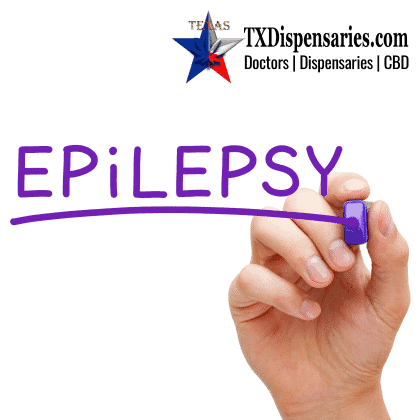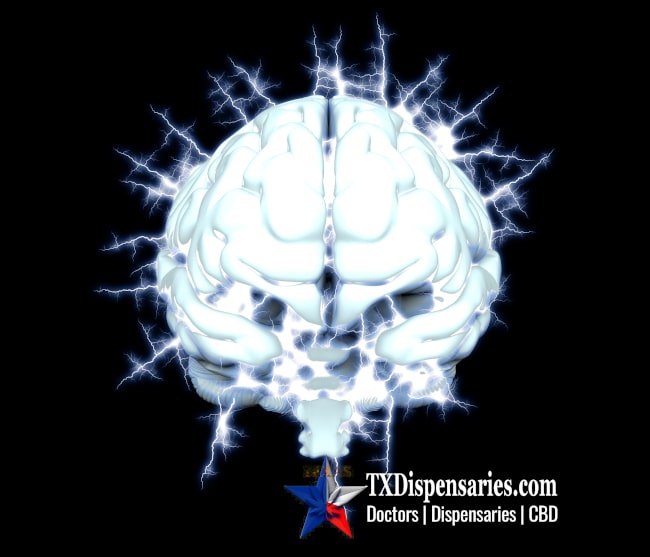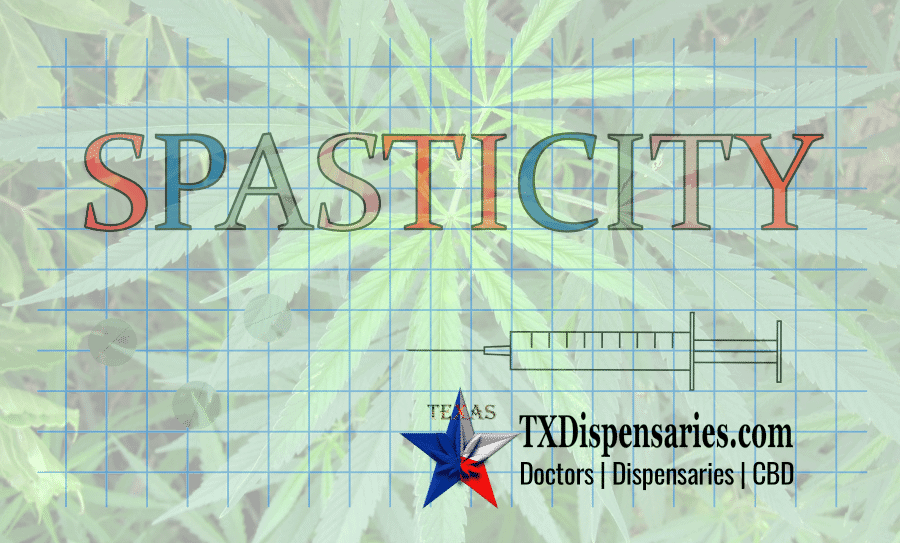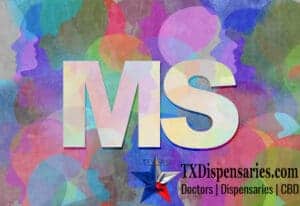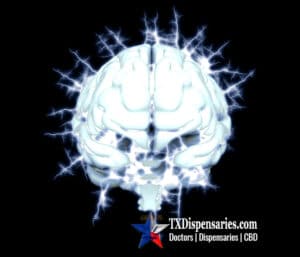Understanding What Qualifies for Medical Marijuana in Texas
Medical marijuana has gained significant recognition in recent years as a potential treatment option for various health conditions. Texas, like many other states in the USA, has recognized the therapeutic benefits of cannabis and has implemented a medical marijuana program for patients. Texas has established a specific list of illnesses that qualify for medical marijuana.
Amyotrophic Lateral Sclerosis (ALS): Amyotrophic Lateral Sclerosis, commonly known as ALS or Lou Gehrig’s disease, is a progressive neurodegenerative disorder that affects nerve cells in the brain and spinal cord. Patients with ALS often experience muscle weakness, difficulty speaking, swallowing, and breathing. Medical cannabis may provide relief by alleviating symptoms such as muscle spasticity, pain, and appetite loss.
Alzheimer’s Disease: Alzheimer’s disease is a degenerative brain disorder characterized by memory loss, cognitive decline, and behavioral changes. While there is currently no cure for Alzheimer’s, medical cannabis has shown promise in managing symptoms such as agitation, anxiety, and sleep disturbances.
Autism: Autism is a developmental disorder that affects communication, social interaction, and behavior. Some individuals with autism may experience difficulties with sensory processing, anxiety, and self-regulation. Medical cannabis has been explored as a potential treatment option to address these symptoms and improve overall quality of life for individuals with autism.
Any Cancer: Medical cannabis has been recognized for its potential benefits in managing symptoms associated with cancer and its treatment, including pain, nausea, vomiting, appetite loss, and sleep disturbances. Patients undergoing chemotherapy or radiation therapy may find relief and improved well-being through the use of medical cannabis.
Chronic Traumatic Encephalopathy (CTE): CTE is a progressive degenerative brain disease often associated with repeated head traumas, particularly in athletes and military veterans. While research on the use of medical cannabis for CTE is still in its early stages, preliminary evidence suggests that it may have neuroprotective properties and could potentially help manage symptoms such as headaches, cognitive impairment, and mood disturbances.
Diabetic Neuropathy: Diabetic neuropathy is a type of nerve damage that can occur in individuals with diabetes. It often causes pain, tingling, and numbness in the extremities, particularly the feet and hands. Medical cannabis may offer relief from neuropathic pain and improve the quality of life for individuals with diabetic neuropathy. The TX qualifying conditions include any incurable degenerative disease.
Dementia: Dementia is a broad term used to describe a decline in cognitive function and memory. While medical cannabis cannot reverse or cure dementia, it may help manage symptoms such as agitation, aggression, sleep disturbances, and appetite loss, thus improving the overall well-being of patients.
Epilepsy: Epilepsy is a neurological disorder characterized by recurrent seizures. Some forms of epilepsy are resistant to conventional treatment methods. However, certain cannabis-derived medications, such as cannabidiol (CBD) oil, have shown promising results in reducing the frequency and severity of seizures in some epilepsy patients.
Multiple Sclerosis (MS): Multiple Sclerosis is an autoimmune disease that affects the central nervous system, leading to various symptoms such as muscle spasticity, pain, fatigue, and mobility problems. Medical cannabis has been used to alleviate these symptoms and improve the quality of life for individuals living with MS.
Muscular Dystrophies: Muscular dystrophies encompass a group of genetic disorders characterized by progressive muscle weakness and degeneration. While medical cannabis cannot reverse the underlying genetic abnormalities, it may help manage symptoms such as muscle spasms, pain, and mobility issues, thereby enhancing the comfort and well-being of patients.
Neurodegenerative Diseases: Neurodegenerative diseases refer to a wide range of conditions that involve the degeneration of nerve cells over time. Medical cannabis may offer potential benefits in managing symptoms, including pain, muscle spasticity, sleep disturbances, and cognitive decline.
Parkinson’s Disease: Parkinson’s disease is a neurodegenerative disorder that affects movement, causing tremors, stiffness, and impaired balance and coordination. While there is no cure for Parkinson’s, medical cannabis has been explored as a complementary treatment option to help manage symptoms and improve quality of life.
Peripheral Neuropathy: Peripheral neuropathy is a condition that involves damage to the peripheral nerves, resulting in symptoms such as pain, numbness, and weakness, typically in the hands and feet. Medical cannabis may offer relief from neuropathic pain associated with peripheral neuropathy, potentially enhancing patients’ daily functioning and comfort.
Post-Traumatic Stress Disorder (PTSD): PTSD is a mental health condition that can develop after experiencing or witnessing a traumatic event, common in veterans. Symptoms may include anxiety, flashbacks, nightmares, and insomnia. Medical cannabis has shown promise in alleviating PTSD symptoms, promoting relaxation, and improving overall well-being.
Seizure Disorders: Seizure disorders encompass a range of conditions characterized by recurrent seizures. Some individuals may experience seizures that are resistant to conventional treatment methods. Medical cannabis, particularly CBD oil, has demonstrated efficacy in reducing seizure frequency and severity in certain seizure disorders, such as Dravet syndrome and Lennox-Gastaut syndrome.
Spasticity: Spasticity is a condition characterized by muscle stiffness, spasms, and involuntary contractions. It commonly occurs in conditions such as multiple sclerosis, cerebral palsy, and spinal cord injuries. Medical cannabis, specifically formulations containing THC and CBD, may help reduce spasticity and improve mobility for individuals affected by this condition.
In addition to the listed conditions, Texas also includes any incurable degenerative disease as a qualifying condition. This designation is determined by the executive commissioner of the Health and Human Services Commission in consultation with the National Institutes of Health.
It is important to note that the use of medical cannabis for these qualifying conditions in Texas is subject to certain regulations and requirements. Patients must obtain a recommendation from a qualified MMJ doctor and register with the Texas Compassionate Use Program to access medical cannabis legally.
As research and understanding of cannabis-based therapies continue to evolve, the Texas medical marijuana as well as the list of qualifying conditions will continue to grow and evolve as well.

Sign Up for Medical Cannabis in Texas
For medical marijuana patients that qualify for the current Lower THC High CBD program, we make it easy to connect with a state certified doctor online. You will also receive updates & news relative to the TX medical marijuana industry.
If you are interested, simply fill out the MMJ patient registration form to get started. Legal Residents Only.

MMJ Patient Registration Form



